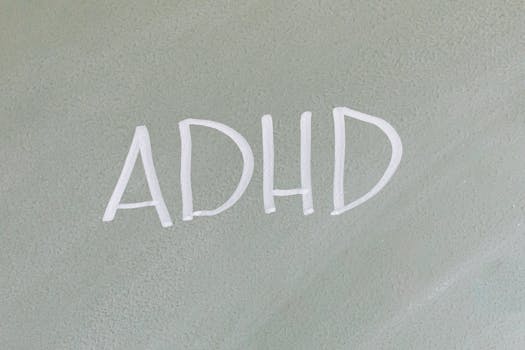Conquer Your Cravings: A Guide to Understanding and Overcoming Eating Disorders
Eating disorders are serious mental illnesses that affect millions worldwide. They're not just about food; they're complex conditions rooted in a tangled web of psychological, biological, and social factors. This comprehensive guide dives deep into the world of eating disorders, exploring their causes, symptoms, and most importantly, the path towards recovery. We'll empower you with knowledge and resources to help yourself or a loved one begin the journey to healing.
Understanding the Landscape of Eating Disorders:
Several types of eating disorders exist, each with its unique characteristics:
- Anorexia Nervosa: Characterized by an intense fear of gaining weight, leading to severe calorie restriction and dangerously low body weight. Individuals with anorexia often have a distorted body image and may deny the seriousness of their condition.
- Bulimia Nervosa: Involves cycles of binge eating followed by compensatory behaviors like purging (vomiting, laxative abuse, excessive exercise). Unlike anorexia, individuals with bulimia may maintain a normal weight or may even be overweight.
- Binge Eating Disorder (BED): This disorder involves recurrent episodes of binge eating without compensatory behaviors. Individuals with BED often experience feelings of guilt, shame, and distress after episodes.
- Other Specified Feeding or Eating Disorder (OSFED): This category encompasses eating patterns that don't fully meet the criteria for anorexia, bulimia, or BED but still cause significant distress and impairment. This is a broad category that often includes symptoms like night eating syndrome, atypical anorexia nervosa, and purging disorder.
- Genetics: Family history of eating disorders or mental illnesses can increase susceptibility.
- Biological Factors: Imbalances in brain chemicals, hormones, and neurotransmitters may contribute to the development of an eating disorder.
- Psychological Factors: Low self-esteem, perfectionism, anxiety, depression, and trauma are all strongly linked to eating disorders.
- Social and Cultural Factors: Media portrayals of ideal body types, social pressure to conform to beauty standards, and cultural attitudes towards food and weight can significantly influence the development of these disorders.
- Extreme weight loss or gain: Significant changes in weight, often accompanied by denial of the severity of the weight change.
- Preoccupation with food, weight, and body shape: Constant monitoring of food intake, calorie counting, and excessive weighing.
- Distorted body image: An unrealistic perception of one's body size and shape.
- Ritualistic eating behaviors: Strict rules around food, specific eating times, or avoiding certain food groups.
- Withdrawal from social activities: Isolation and avoidance of social situations involving food.
- Mood swings and irritability: Increased anxiety, depression, and mood fluctuations.
- Physical symptoms: Fatigue, dizziness, digestive problems, hormonal imbalances.
- Therapy: Cognitive Behavioral Therapy (CBT), Dialectical Behavior Therapy (DBT), and family-based therapy are effective treatments for addressing the underlying psychological issues.
- Nutritional Counseling: Registered dietitians help develop healthy eating patterns and address nutritional deficiencies.
- Medical Monitoring: Physicians monitor physical health and address any medical complications.
- Medication: In some cases, medication may be prescribed to treat co-occurring mental health conditions such as anxiety or depression.
- Support Groups: Connecting with others who understand can provide valuable support and reduce feelings of isolation.
The Root Causes: More Than Just Food
While societal pressure surrounding body image plays a significant role, eating disorders are not simply about vanity. They are complex conditions stemming from a variety of factors, including:
Recognizing the Warning Signs:
Early intervention is crucial in the treatment of eating disorders. Be aware of these warning signs in yourself or others:
The Path to Recovery: Hope and Healing
Recovery from an eating disorder is possible, but it requires professional help and a multifaceted approach. Treatment typically involves:
Taking the First Step:
If you or someone you know is struggling with an eating disorder, please seek professional help immediately. Don't hesitate to reach out to a doctor, therapist, or a specialized eating disorder treatment center. Recovery is a journey, not a destination, and with the right support and resources, a fulfilling and healthy life is achievable.

